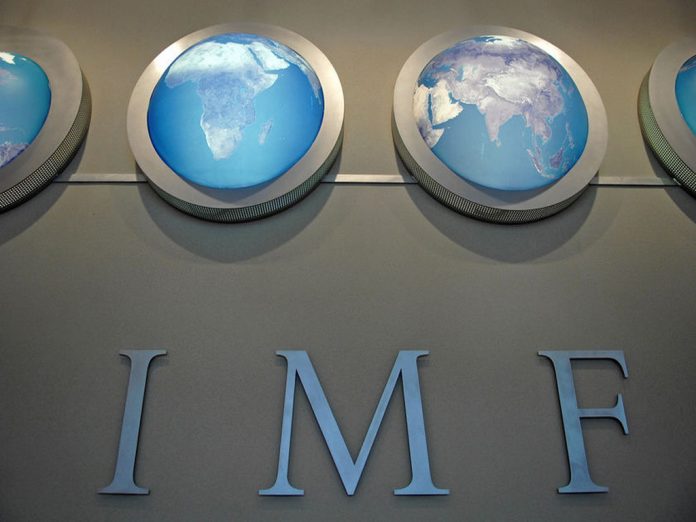WASHINGTON: The International Monetary Fund has announced to extend its flexible access to emergency funding for an additional 18 months to help nations severely impacted by the Covid-19 pandemic.
According to a press statement, the IMF’s Executive Board approved 18-month extensions (through end-June 2023) of the temporary increases to the cumulative access limits under its emergency financing instruments, i.e., the Rapid Financing Instrument (RFI) regular window, the Rapid Credit Facility (RCF) Exogenous Shock window, and the RFI’s and RCF’s Large Natural Disaster (LND) windows and allowed all other access limits that had been temporarily increased to return to their pre-pandemic levels from January 1, 2022 as scheduled.
This decision reflects the expected and ongoing gradual shift to upper-credit-tranche (UCT) quality arrangements from emergency financing triggered by urgent, pandemic-related balance of payment (BoP) needs. At the same time, the decision ensures continued access by member countries to the Fund’s emergency financing, should urgent BoP needs arise when a UCT-quality arrangement is either not necessary or not feasible, said the statement.
The temporary increases in access limits for the RFI regular window and the RCF Exogenous Shock window were first introduced in April 2020 and extended in September 2020, and again in March 2021. For the RFI’s and RCF’s LND windows, the temporary increases were introduced in June 2021.
The Executive Board reinstated the limit on the number of disbursements under the RCF within a 12-month period and endorsed staff’s proposal to prepare an exit strategy from the temporary increase in cumulative access limits under emergency financing instruments by end-June 2023.
In April 2020, as the world faced the first wave of coronavirus infections and deaths, the IMF eased access to such aid, including raising the level of funding that countries could obtain. The programmes have already been extended twice, in September 2020 and again last March.
The board also agreed that “all other access limits” which had been temporarily increased will be reduced to their pre-pandemic levels beginning January 1, 2022 as scheduled. “This decision reflects the expected and ongoing gradual shift to upper-credit-tranche quality arrangements from emergency financing triggered by urgent, pandemic-related balance of payment needs,” the IMF said.
It also stressed that the decision ensures “continued access” by member countries to the IMF’s emergency financing should urgent balance of payment issues arise.
The tools include the Rapid Credit Facility, an interest-free program available to low-income nations, and the Rapid Financing Instrument, which is available to all Fund members. The grants can be disbursed very quickly, to help member states implement policies to address emergencies.























